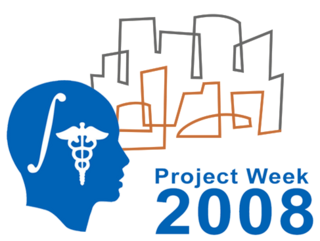Difference between revisions of "2008 Summer Project Week:PerkStation"
From NAMIC Wiki
Sidd queens (talk | contribs) |
Sidd queens (talk | contribs) |
||
| Line 1: | Line 1: | ||
{| | {| | ||
|[[Image:ProjectWeek-2008.png|thumb|320px|Return to [[2008_Summer_Project_Week|Project Week Main Page]] ]] | |[[Image:ProjectWeek-2008.png|thumb|320px|Return to [[2008_Summer_Project_Week|Project Week Main Page]] ]] | ||
| + | |[[Image:Calibrate.png|thumb|320px|Return to [[2008_Summer_Project_Week|Project Week Main Page]] ]] | ||
| + | |[[Image:Plan.png|thumb|320px|Return to [[2008_Summer_Project_Week|Project Week Main Page]] ]] | ||
| + | |[[Image:Insert.png|thumb|320px|Return to [[2008_Summer_Project_Week|Project Week Main Page]] ]] | ||
|} | |} | ||
Revision as of 14:38, 18 June 2008
Home < 2008 Summer Project Week:PerkStation Return to Project Week Main Page |
File:Calibrate.png Return to Project Week Main Page |
File:Plan.png Return to Project Week Main Page |
File:Insert.png Return to Project Week Main Page |
Key Investigators
- PI: Gabor Fichtinger, Queen's University
- Queen's University: Siddharth Vikal
- Johns Hopkins University: Csaba Csoma
- NA-MIC:
Objective
The objective of this project (PERK Station) is to develop a tool implemented as a Slicer 3 module, that provides feedback to trainees in a controlled environment for performing image-guided percutaneous needle interventions.
Approach, Plan
The PERK Station comprises of image overlay. The physician looks at the patient/phantom through the mirror showing the image overlay and the CT/MR image appears to be floating inside the body with the correct size and position, as if the physician had 2D ‘X-ray vision’. The planning and control software runs on a stand-alone laptop, where we draw a visual guide along the trajectory of insertion, mark the depth of insertion and push this image onto the overlay display.
Progress
We are currently in the process of ..